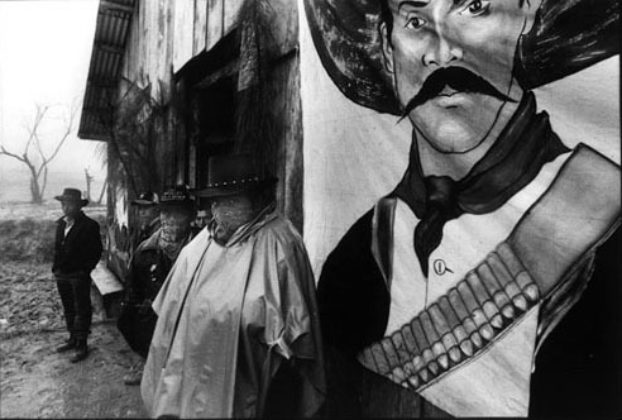Jose Morelos y Pavon: Saga of a warrior priest (1765 – 1815)
It is inevitable that comparisons will be drawn between José Morelos y Pavón and his mentor and predecessor, Miguel Hidalgo y Costilla. Both were Roman Catholic priests of casual vocation who fathered illegitimate children, both were intensely drawn to political activism and both were charismatic leaders of Mexico’s independence movement. Yet it would be unfair to […]
Continue Reading
